Next to deciding which type of artificial grass is most suitable for your needs, choices for the performance infill layer should also be made. Performance infill ensures that the players' shoes have a good grip and can also reduce the strain on muscles and joints by acting as a cushion along with maximising sliding characteristics. The infill layer has various options and each infill has its specific characteristics.
The infill base is often formed by a sand stabilization layer in combination with a granulate that adds additional sport-technical properties to the system. When choosing your infill check for available quality reports for the infill; a poor-quality infill can (in the long-term) cause major problems in the field. The infills in the GreenFields systems have been extensively tested for performance and durability internally, but also externally certified by independent test institutes.


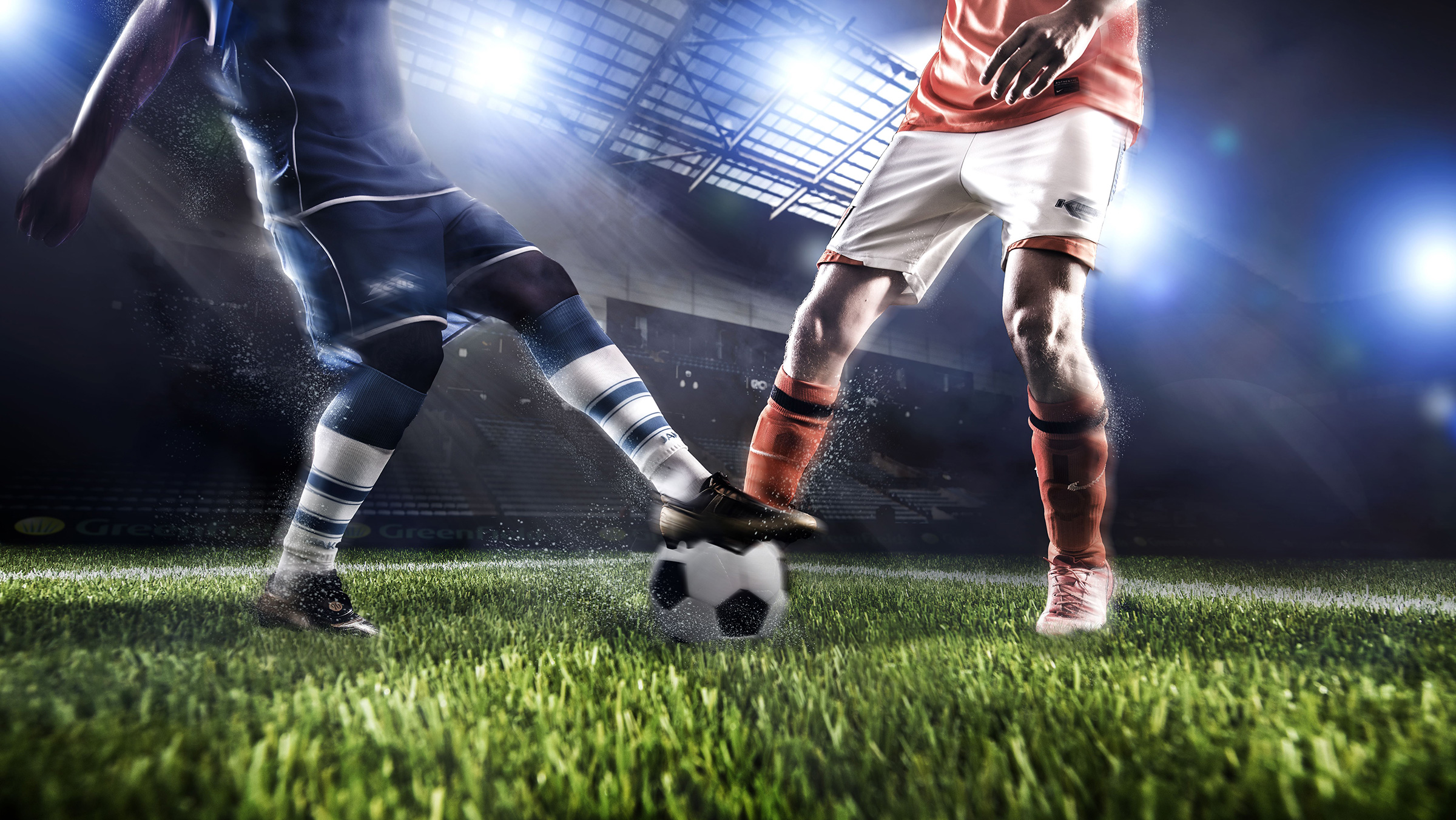.jpg?w=200&h=122&q=80&action=crop)
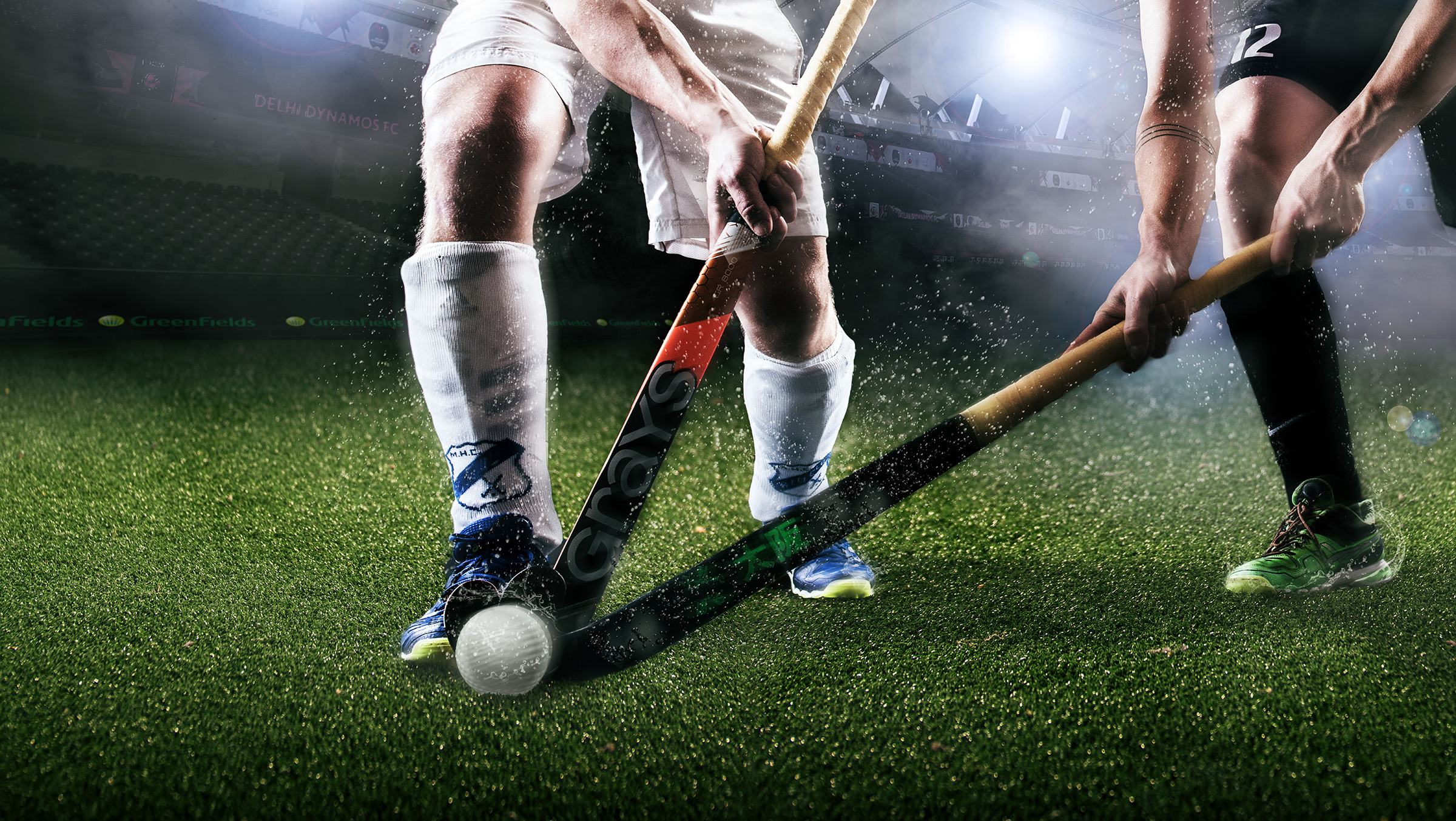.jpg?w=200&h=122&q=80&action=crop)
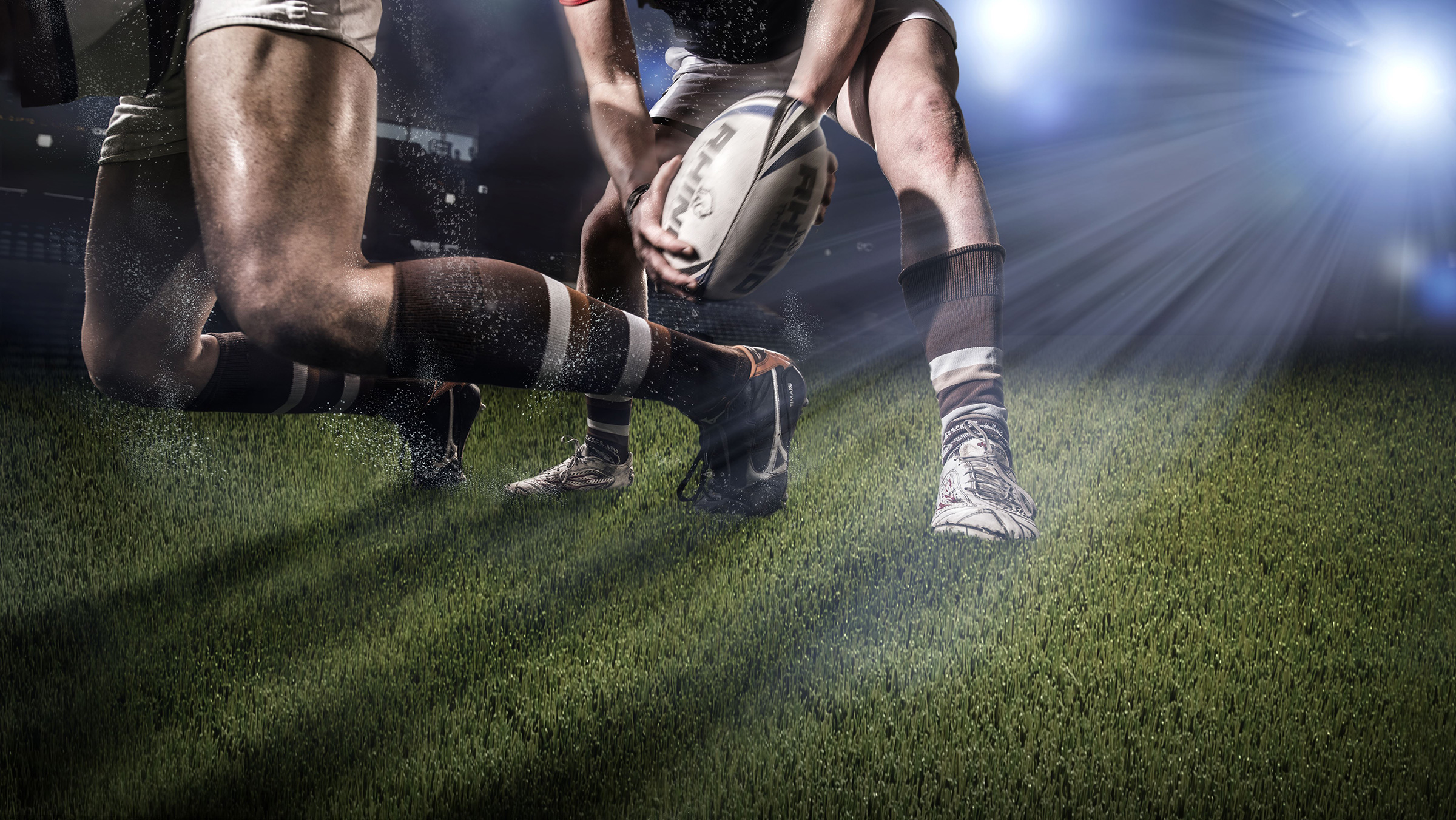.jpg?w=200&h=122&q=80&action=crop)
-2.jpg?w=200&h=122&q=80&action=crop)
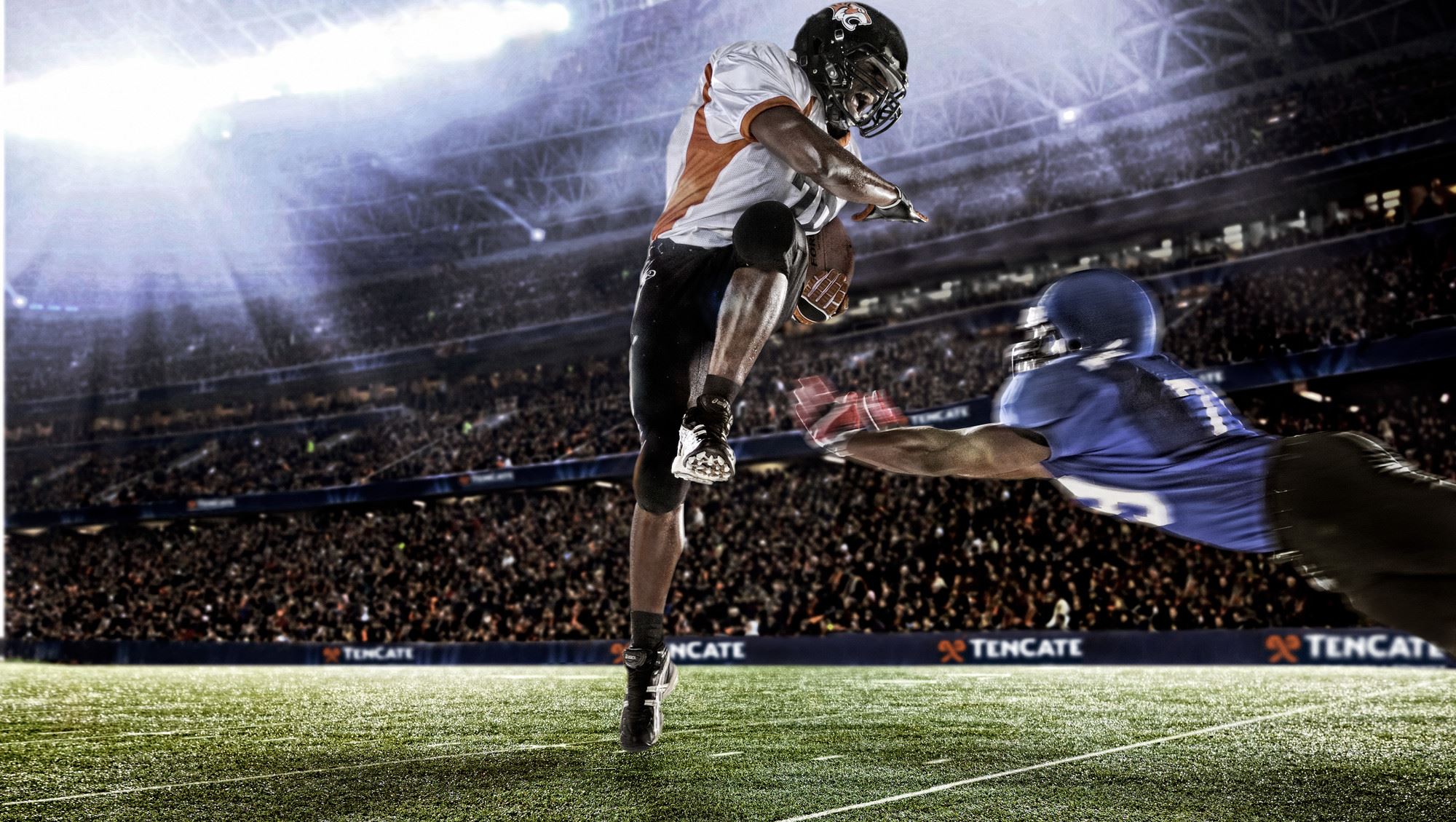.jpg?w=200&h=122&q=80&action=crop)
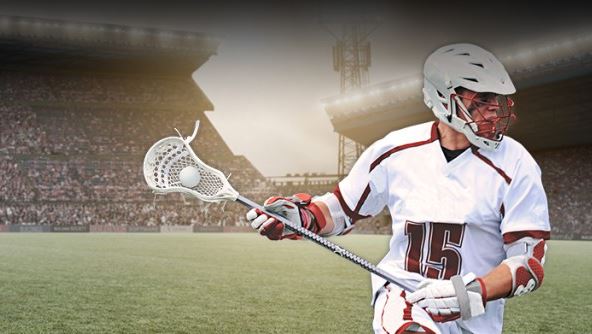.jpg?w=200&h=122&q=80&action=crop)
%20(16x9).jpg?w=200&h=122&q=80&action=crop)
.jpg?w=200&h=122&q=80&action=crop)
.jpg?w=200&h=122&q=80&action=crop)

.jpg?w=200&h=122&q=80&action=crop)



.jpg?w=200&h=122&q=80&action=crop)
.png?w=200&h=122&q=80&action=crop)
?w=200&h=122&q=80&action=crop)
.png?w=200&h=122&q=80&action=crop)
.jpg?w=200&h=122&q=80&action=crop)
?w=200&h=122&q=80&action=crop)
%20(16x9).jpg?w=200&h=122&q=80&action=crop)
.jpg?w=200&h=122&q=80&action=crop)
.jpg?w=200&h=122&q=80&action=crop)
%20(16x9).jpg?w=200&h=122&q=80&action=crop)
.jpg?w=200&h=122&q=80&action=crop)
.jpg?w=200&h=122&q=80&action=crop)
.jpg?w=200&h=122&q=80&action=crop)
.jpg?w=200&h=122&q=80&action=crop)






